I don’t even know where to begin on this one. I guess I should start out with the general disclaimer that I love watching Teen Wolf and looked forward to Monday nights every week while it was airing. Now that the first half of season 4 has wrapped up (in the most convoluted WTF-inducing way possible), there’s not really much else for fans to do except wait for the next half with bated breath.
Or we could talk about Teen Wolf’s problematic LGBTQ representation.
At first, it wasn’t all that problematic. Actually, it was a breath of fresh air. The obvious character to talk about here is Danny Mahealani (played by Keahu Kahuanui), an openly gay classmate of main character Scott McCall who plays with Scott and his best friend Stiles on the lacrosse team. With Danny, there was none of that “typical gay storyline” where he fights homophobia in the hallways and in the locker rooms. As stated by Stiles in one episode, “Everyone loves Danny.” And onscreen it holds true: it doesn’t look like there’s a single person who holds any ill will towards the show’s only openly gay character.
Even Danny’s best friend defies an age-old stereotype: Jackson Whittemore is the good-looking, popular lacrosse jock, yet he has absolutely no problem with Danny being gay, and together the two of them are arguably the most popular guys at the high school. For all intents and purposes, the world of Teen Wolf is homophobia-free – or at least, that’s how they want you to see it.
Back in early September, an article appeared on the website Advocate where the cast weighed in on the inclusion of LGBTQ characters that have appeared since Danny’s introduction (Danny, by the way, didn’t make a single appearance during the entirety of the latest season). The list includes Ethan (one half of the alpha twins of season 3A villainy, who was actually in a relationship with Danny); the couple Caitlin and Emily from season 3 (Emily gets killed off literally before the title card appears, ahem); and now fresh face Mason, who is presumably there to replace Danny as the show’s token gay person of color.
I don’t mean to sound bitter. I really don’t. But… c’mon, guys.
First off, let’s talk about Danny and Ethan, the couple the showrunners probably parade around as their big “see, we’re inclusive” banner. Yes, they were a very strong couple onscreen together.
Except… they had little to no screen time together for the entirety of season 3 to begin with.
For the most part, the Danny/Ethan pairing brought nothing to the main story of Teen Wolf. They’re not even members of the secondary cast. So is that real representation for the gay community? It’s definitely great that Danny/Ethan happened at all, but considering their status and importance as characters in the show, what we’re left with is a main and secondary cast in which all the romantic relationships are heterosexual.
[blocktext align=”right”]I don’t mean to sound bitter. I really don’t. But… c’mon, guys.[/blocktext]At least on shows like Glee (forgive me for the comparison, but this is what we’ve come to) you had Kurt Hummel and Blaine Anderson’s relationship front and center in almost every episode. That’s representation. For me, the Danny/Ethan relationship just feels like showrunner Jeff Davis’s way of saying, “See? We have gay characters! We’re inclusive!” Sorry, Danny and Ethan: you’ve been reduced to the role of token gay characters by The Powers That Be.
Now, I’ve been trying to avoid talking about Stiles during the writing of this article, but let’s be real: at a certain point, we’ve gotta talk about Stiles. Shipping preferences and fandom wank aside, the writers have consistently dangled Stiles’ sexuality in front of their audience, hinting at Stiles’ potential bisexuality with a wide litany of jokes the character makes referencing his apparently questioning nature, including but not limited to:
- him asking Scott, “Your newfound heroism is making me very attracted to you. No, seriously. Do you wanna making out for a sec? Just to see how it feels?”;
- his indignant “I could be!” response to his dad saying Stiles isn’t gay;
- and, after Danny himself jokes around offering to have sex with Stiles, his response of “That’s so sweet,” followed by Danny admitting he was kidding, and Stiles following up with “You don’t toy with a guy’s emotions like that, Danny. It’s not attractive.”
And let’s not forget the moment that had everyone ripping their hair out in frustration. The scene: in season 3B, there’s a blacklight party at resident grumpy-faced werewolf Derek Hale’s loft, where Stiles catches up with Caitlyn, the girl mentioned earlier whose girlfriend Emily was killed. They make out for a bit before Stiles is momentarily confused – he thought Caitlyn only liked girls. As she explains, she also likes boys (it should be noted here that they never actually use the word ‘bisexual,’ treating it as if it’s a dirty word, which is also inherently problematic).
Caitlyn then drops the big one on Stiles and asks him if he also likes boys. Instead of an answer, all we get is Stiles looking off in the distance with a questioning look on his face.
This. Is not. Representation. Especially not for bisexual people, and for the show to tout itself as LGBTQ-inclusive in this way is ridiculous and insulting to fans of the show who expect real representation, not this teasing “is he or isn’t he” garbage. In one interview, Dylan O’Brien (who plays Stiles) was asked about that scene with him and Caitlyn and if Stiles’ little pause meant anything. I quote: “That was nothing, really. Stiles isn’t gay.” Apparently not even the actors know that the word ‘bisexual’ exists.
And now we come to the queer-baiting. It’s hard to ignore the fact that a huge portion of the fandom roots for Stiles and aforementioned grumpy werewolf Derek to be romantically involved. Davis has acknowledged the fandom’s soft spot for the so-called “Sterek” ship numerous times, yet the scenes he used to write for them only included little nudges and subtle hints at any presence of feelings between the two. (Seriously, you can almost hear the “LOL no homo though” after every scene wraps up.)
In the later seasons, he stopped writing scenes for them altogether, and that’s where a lot of Teen Wolf’s problems with queer baiting started to snowball. The populous Sterek fandom was regularly called upon to cast votes for things like shipping polls or winning magazine cover spots for the Teen Wolf cast. In other words: the fans were being used and baited into maintaining the show’s popularity, because the showrunners were dangling the characters they love in front of them and using them like you’d use a treat to get a dog to perform a trick.
This is probably why a lot of the fans stopped watching the most recent season and viewership dropped. If the fans don’t get due respect, it’s hard to keep being a fan, which the guys behind Teen Wolf need to realize. When you disrespect your fanbase and use their desires for a more inclusive LGBTQ character roster as an excuse to queer-bait and play mind games with characters’ sexualities, you can’t then question why you’re losing viewership and wonder where your fans are going.
They’re probably going to a better show. So with that said, who started watching How To Get Away With Murder?
—
Gabby Taub, the Fantasy Reviewer at Girls in Capes, is a recent graduate of New York University. She enjoys reading, writing, watching TV, and spending time getting lost among the bookshelves at Strand Bookstore.
Looking for more in TV & Film? Gabby also discusses fatherhood in THE FOLLOWING. If you’re of a more supernatural bent, check out Christina’s article on how the characters of Buffy grow up fast in the show.
Check out other articles in The Problematic Favorite Issue this month.
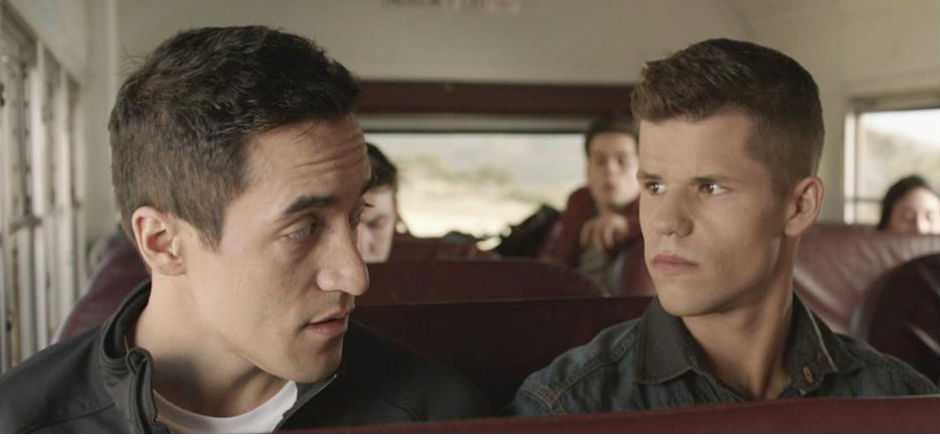

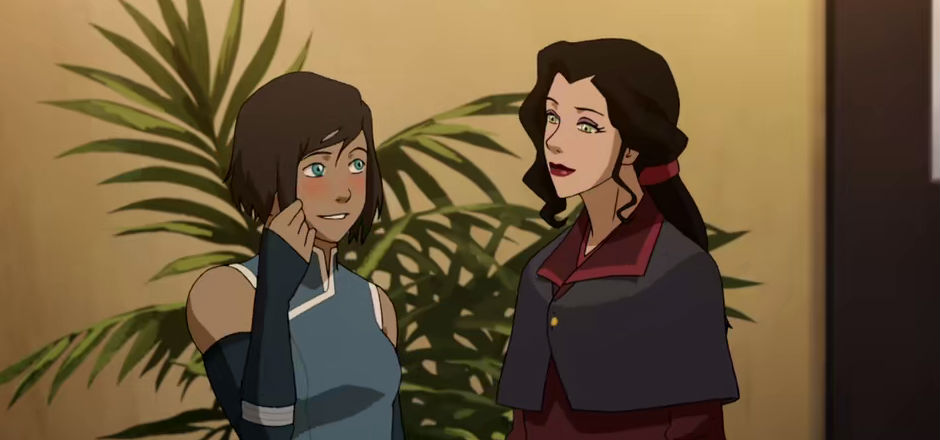
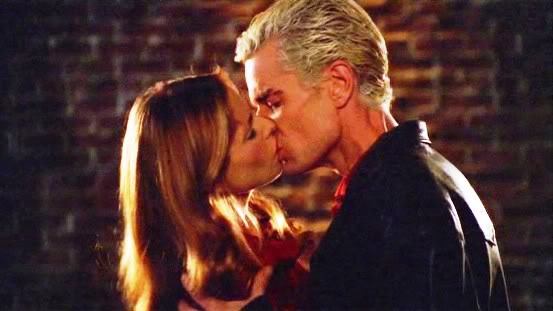
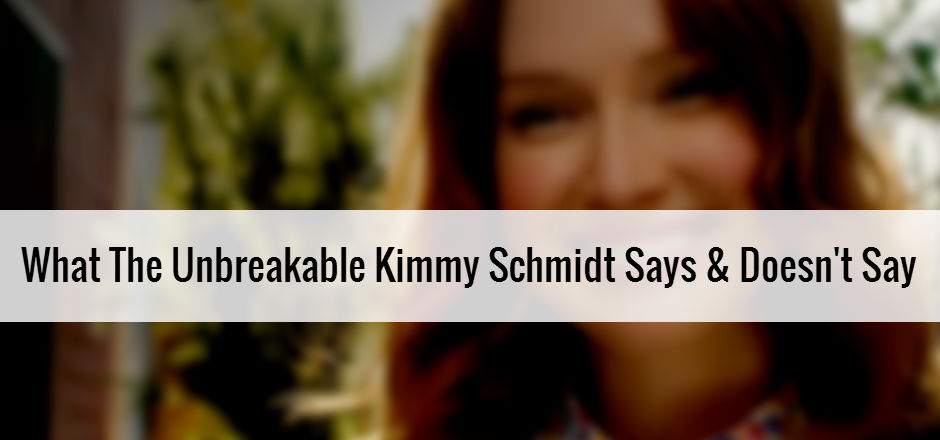
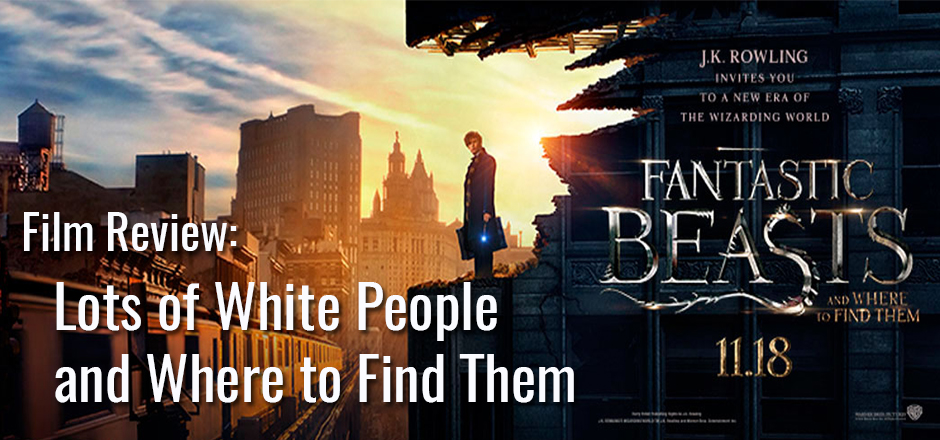
The queerbaiting/bisexual erasure with Stiles is one of the few things that prevents me from watching the show, much like how I refuse to watch Sherlock. CUT THAT SHIT OUT.